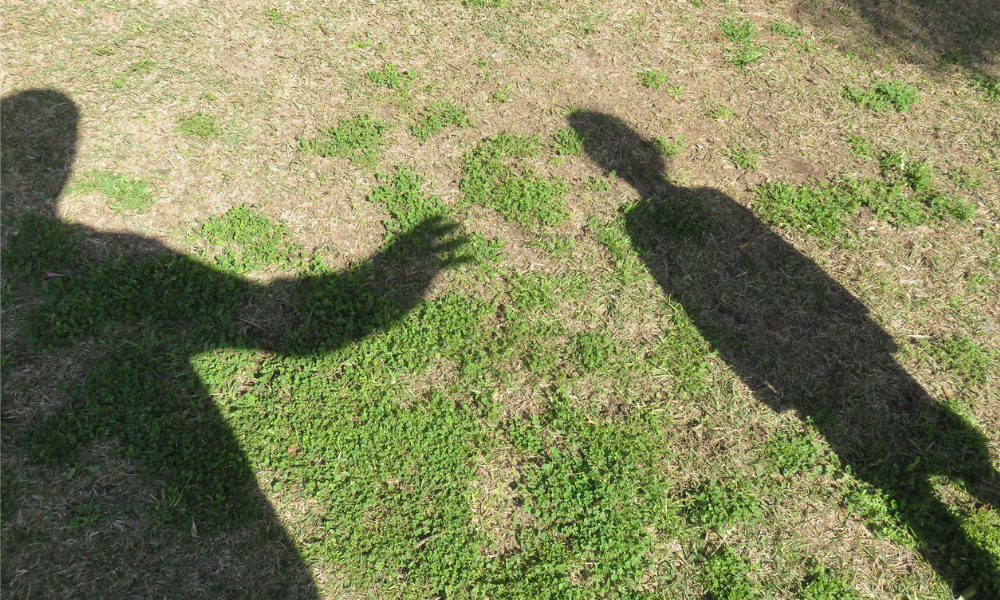
School district and its employee breached duties to students and their parents, complaint alleges

The California Court of Appeal denied an attempt by former students to revive claims that they filed against the district of their elementary school over a decade ago that alleged sexual abuse on the part of a school counselor.
Between June and August 2002, the three plaintiffs in the case of Doe et al. v. Marysville Joint Unified School District filed claims under California’s Government Claims Act. They then filed a lawsuit against the Marysville Joint Unified School District and one of its employees.
The plaintiffs alleged that their school counselor sexually abused them between 1998 and 2002. At that time, they were students at one of the district’s elementary schools. They claimed that the school district and its employee breached their duties to the plaintiffs and their parents.
Read more: Students claim school employees failed to report janitor who allegedly sexually abused them
The trial court ruled in the school district’s favor. It said that the plaintiffs failed to timely file their government claims, as required by the Government Claims Act, before filing their lawsuit. The plaintiffs appealed.
The California Court of Appeal affirmed the trial court’s judgment. The plaintiffs filed a petition for review. The Supreme Court denied the petition.
In January 2020, Assembly Bill 218 became effective. The bill amended section 340.1 of California’s Code of Civil Procedure to extend the limitation period for victims to file childhood sexual assault claims that were not “litigated to finality.”
In October 2020, the three plaintiffs and one other alleged victim filed another lawsuit against the school district, its employee, and the counselor. They more or less repeated the same claims that they made in their 2002 complaint.
The trial court dismissed the plaintiffs’ second lawsuit. The plaintiffs appealed. They argued that the trial court should not have dismissed their complaint because their 2002 claims could be revived. These prior claims were not “litigated to finality” under section 340.1 of the Code of Civil Procedure since the trial court had dismissed them for being untimely under the Government Claims Act, the plaintiffs explained.
The California Court of Appeal for the Third District disagreed with the plaintiffs’ arguments. The appellate court upheld the trial court’s judgment dismissing the plaintiffs’ second lawsuit.
The revival provision of section 340.1 exempted from revival a claim that has been litigated to finality, regardless of the basis for the court’s final decision in the claim.
Based on the language of this provision, the plaintiffs’ claims were not subject to revival because they were litigated to finality long ago, the appellate court determined. Specifically, the trial court had decided the 2002 claims by summary judgment, which the appellate court affirmed. The Supreme Court also refused to review the claims.
Section 340.1’s revival provision also did not violate the rule requiring equal protection of the law, the appellate court said.
The legislature had a rational reason to differentiate the way the law treated two groups, namely those who litigated their claims to finality and those who did not, the appellate court concluded. Namely, the legislature could not allow those who litigated their claims to finality on any grounds to revive their claims because this would violate the rule requiring the separation of legislative and judiciary powers.